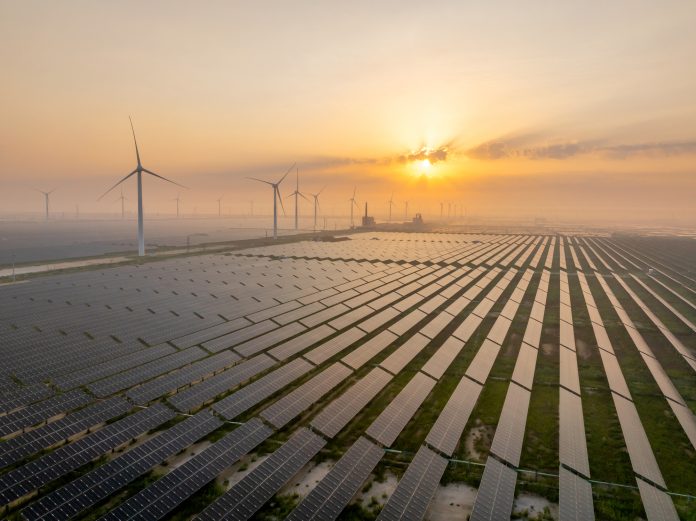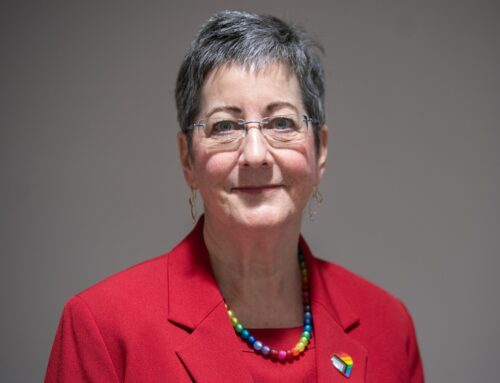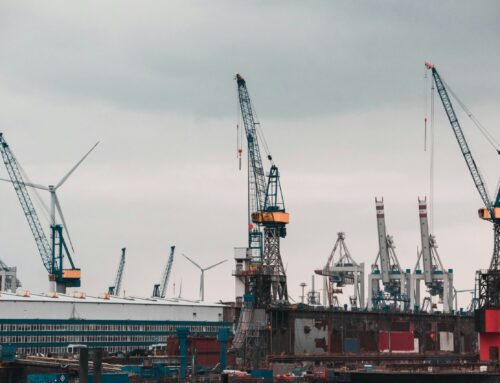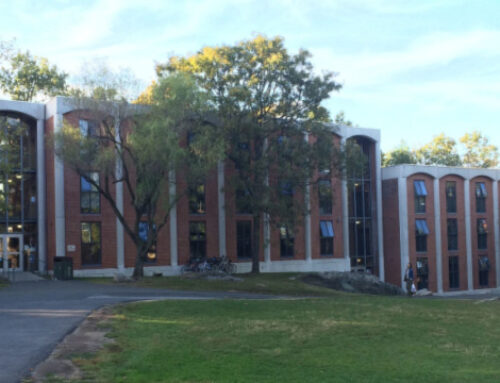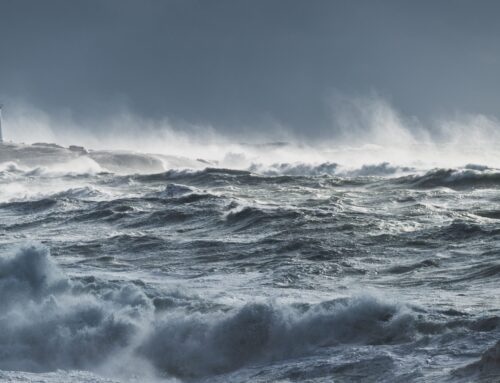Solar power’s role in Europe’s energy future
June 25, 2025
Every day, clean, affordable solar energy is transforming the EU’s electricity system
Solar energy has become one of Europe’s fastest-growing and most promising sources of renewable power. One of their contributors, solar photovoltaic (PV) systems, now supplies 10% of the EU’s electricity, which is a 1% increase from 2008
The European Commission examined the five main aspects to consider regarding this growing renewable energy source.
Using the sun’s power in different ways
Solar power comes in multiple forms. PV panels convert sunlight directly into electricity, while solar thermal systems capture the sun’s heat. Concentrated solar power (CSP) utilises mirrors to focus sunlight and generate steam for electricity production. Each technology plays a crucial role in reducing dependence on fossil fuels and supporting the EU’s climate goals.
To meet its 2050 climate neutrality target, the EU aims to achieve at least 700 gigawatts of solar generation capacity by 2030, which is four times the current capacity in 2020.
This aspiration has already had an impact. In 2024, renewables surpassed fossil fuels in the EU’s electricity generation mix, with solar energy alone growing by 15% in a single year.
Safe, small and smart
Modern solar panels are very reliable and have minimal safety risks. Fire incidents involving solar PV systems are sporadic, especially when installed by certified professionals under strict EU regulations. Most rooftop systems are compact, making them ideal for urban environments, balconies, and even building façades.
Where rooftop installations aren’t practical, community energy projects allow citizens to benefit from shared solar power. Large solar farms are also becoming more efficient, and innovative solutions, such as agrisolar, where solar panels coexist with crops, and floating solar installations, create ways to expand solar generation without compromising land use.
Nature and solar
While any human activity can impact the environment, solar energy has a significantly lower impact than fossil fuels and plays a crucial role in combating climate change.
With the correct, solar developments can support habitat restoration, especially when built on degraded or industrial land.
Most EU solar systems are built on rooftops, minimising the need for additional land and reducing potential conflicts with nature. Research suggests rooftop solar alone could meet nearly a quarter of the EU’s electricity needs.
Affordable energy
Not only is solar energy clean, but it is also cost-effective. The price of solar PV has dropped significantly in recent years, making it one of the cheapest forms of new electricity generation. This has helped protect consumers during recent energy crises, which were triggered in part by Europe’s reliance on imported fossil fuels.
Fossil fuels still account for approximately 28% of the EU’s electricity, but solar energy offers a path toward greater energy independence and price stability while also reducing emissions.
Improving Europe’s energy resilience
One of the main advantages of solar power is its decentralised nature. Rooftop and local solar installations generate electricity close to where it’s used, reducing transmission losses and increasing system resilience. With 58% of EU solar capacity now on rooftops, solar is helping stabilise the grid and support communities.
Battery storage solutions further improve solar’s reliability, allowing stored energy to power homes and businesses during outages or at night.
Search
RECENT PRESS RELEASES
Related Post
